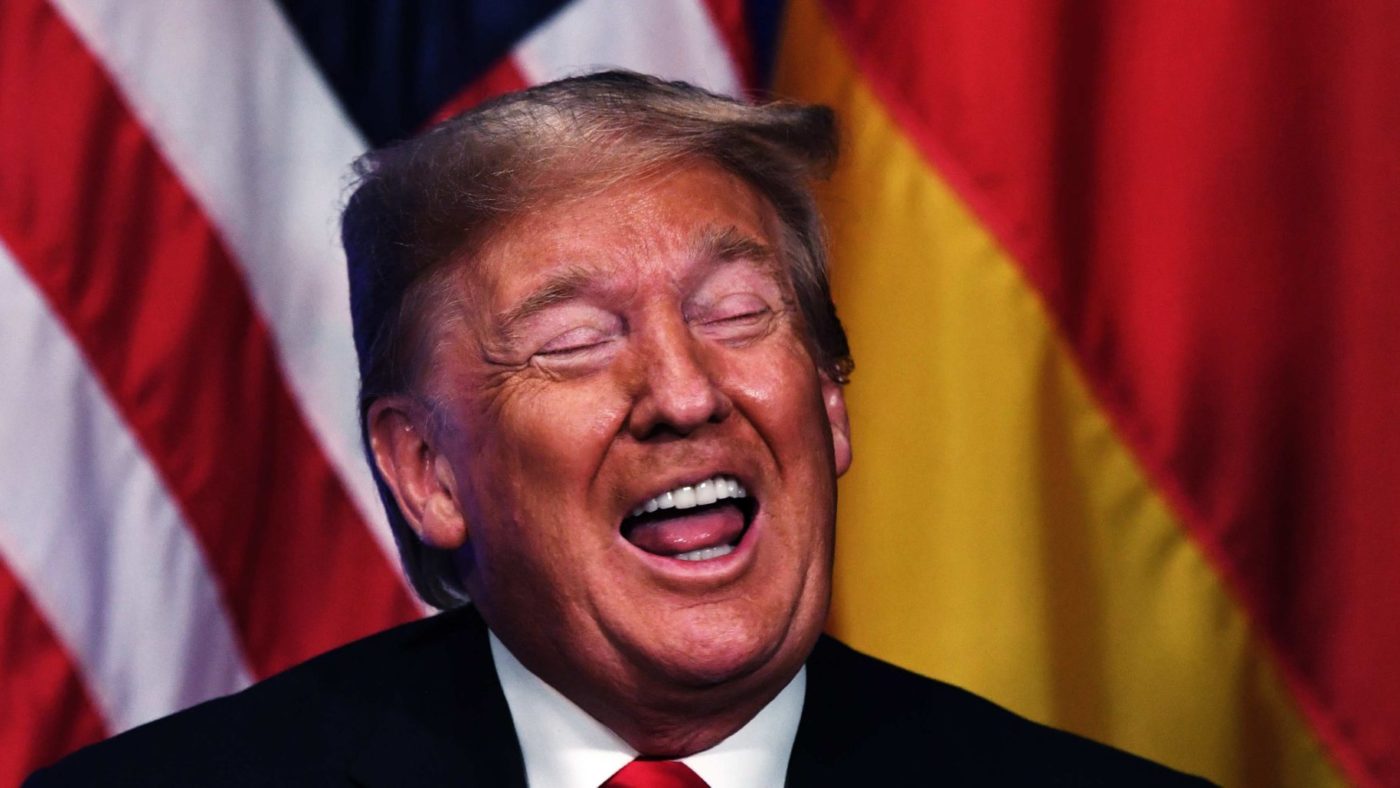President Donald Trump’s decision to withdraw nearly 10,000 US troops from Germany provoked yet another mini crisis in transatlantic relations. True to what has become a ritual in the Trump years, America’s European allies have expressed first their dismay with the decision and then their continuing commitment to the transatlantic alliance. “The fact is the presence of US troops in Germany serves the entire security of the NATO alliance – so American security too”, German Defence Minister Annegret Kramp-Karrenbauer said soothingly, “that is the basis on which we work together”.
But just below these surface niceties, one senses that something fundamental has broken in the transatlantic alliance under Trump. European leaders still value the alliance, they still yearn for the comforting embrace of the America that brought them through the difficult Cold War. But their publics no longer believe in it. A new ECFR/YouGov poll demonstrates that the European public is several stages of grief ahead of their leaders. The poll took place in nine countries representing more than 2/3 of the EU population. In the wake of the corona crisis, it shows a massive deterioration in public perceptions of the US with over 2/3 of respondents in Spain, France, Germany, Portugal and Denmark saying their views of the United States have worsened during the crisis.

It is not hard to understand these sentiments. Donald Trump has spent the last three years slagging off Europe at almost every opportunity. “I’m fighting as hard as anybody can fight, against China, against the European Union who are ripping us [off] left and right”, he told a conservative radio host on 17 June. If you keep telling people you don’t like them and consistently claim that they are the moral equivalent of a communist dictatorship, eventually they start to question whether you really are their friend.
The United States has been unpopular in Europe before. America’s standing plummeted in Europe in the wake of the 2003 Iraq War, reaching similar depths of popularity as today. Europeans expressed shock at George W. Bush’s re-election in 2004, with Britain’s Daily Mirror famously wondering “How can 59,054,087 people be so DUMB?” But the issue now transcends mere distaste for Trump or Republicans. Europeans have lost faith in America and in its power and its competence. Bush was ideologically repugnant to many Europeans, but Trump is almost a cartoon figure. The manifest incompetence of his administration in handling coronavirus and the Black Lives Matter movement does not inspire confidence that the United States can even help itself, much less contribute to solving European problems. Hardly anyone in Europe expects the United States to be a helpful ally in the future. Indeed, only in Poland (and only barely) did the public expect the US to give more support than China in the next phase of the corona crisis.
Even during the depths of the many transatlantic crises that have roiled the alliance over the years, America remained Europe’s rock, an oasis of freedom and protection in a world full of danger and tyranny. Dissatisfied Europeans focused on how to nudge America back onto the right path and constrain its worst excesses. But now, Europeans are preparing, more in sorrow than in anger, for a future without the America that they knew. A second Trump term will certainly complete that transition.
Of course, if Trump loses the presidency in November, America’s popularity in Europe will instantly improve, as it did on Barack Obama’s election in 2008. But Europeans will also note that the forces which elected Donald Trump remain strong and could easily return in four years time. Trump’s deep dishonesty and denial of reality seems to have infected the entire Republican party and a large portion of the electorate. Europeans will naturally wonder if a President Biden can reverse the apparent trends in US policy and culture toward unilateralism and self-absorption.
A Biden administration will thus need to forge a new partnership which recognises that the Trump years have permanently altered Europe’s relationship to America. Most Europeans no longer want to rely on America so fundamentally, but they continue to value cooperation on equal terms with a Washington that recognises Europe’s worth. That means a Biden administration will need to seek and accept tough compromises on issues such as digital taxes and privacy that divide the US and Europe. More broadly, it means creating a new alliance based on partnership, not leadership.
Click here to subscribe to our daily briefing – the best pieces from CapX and across the web.
CapX depends on the generosity of its readers. If you value what we do, please consider making a donation.


